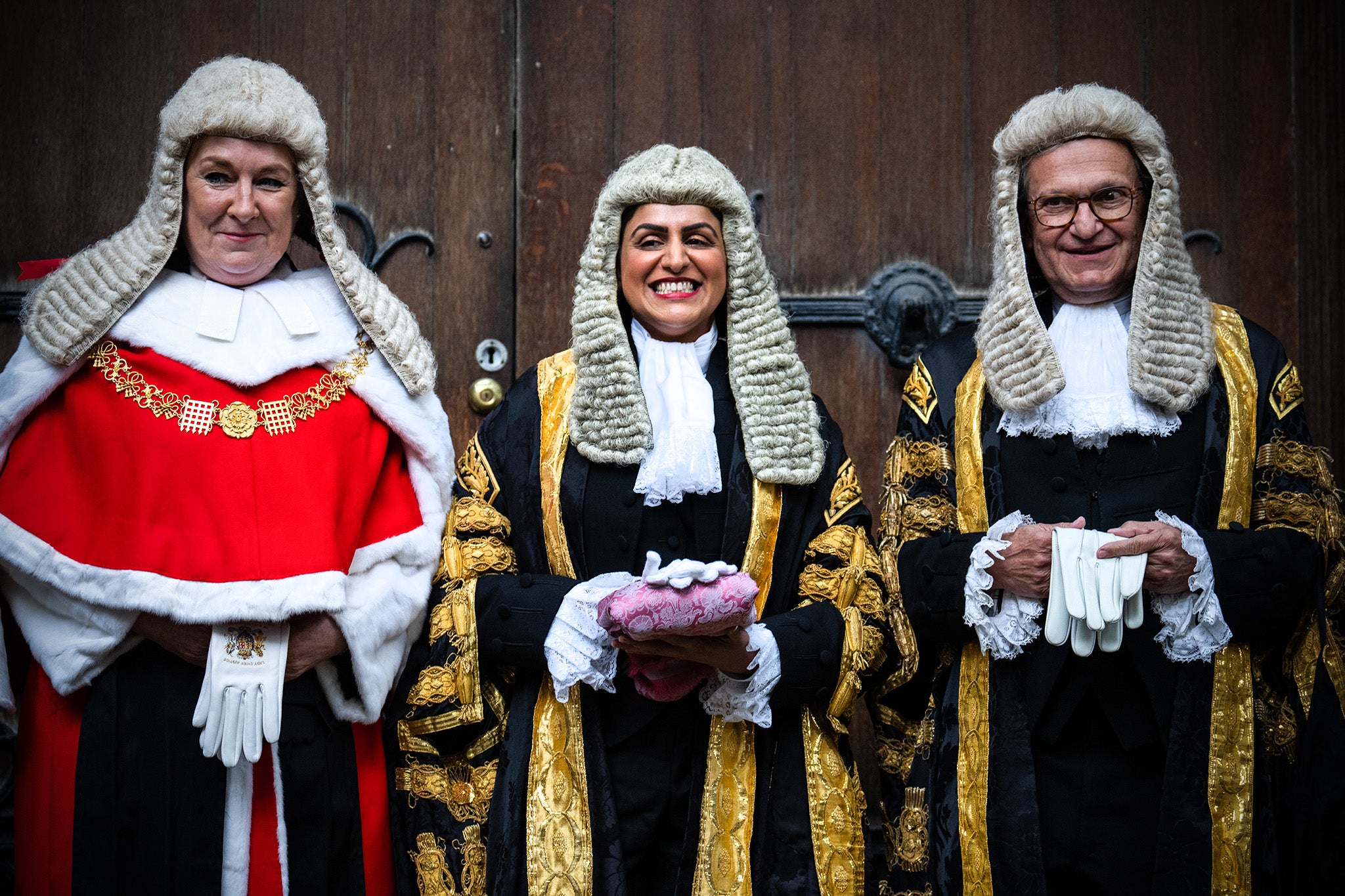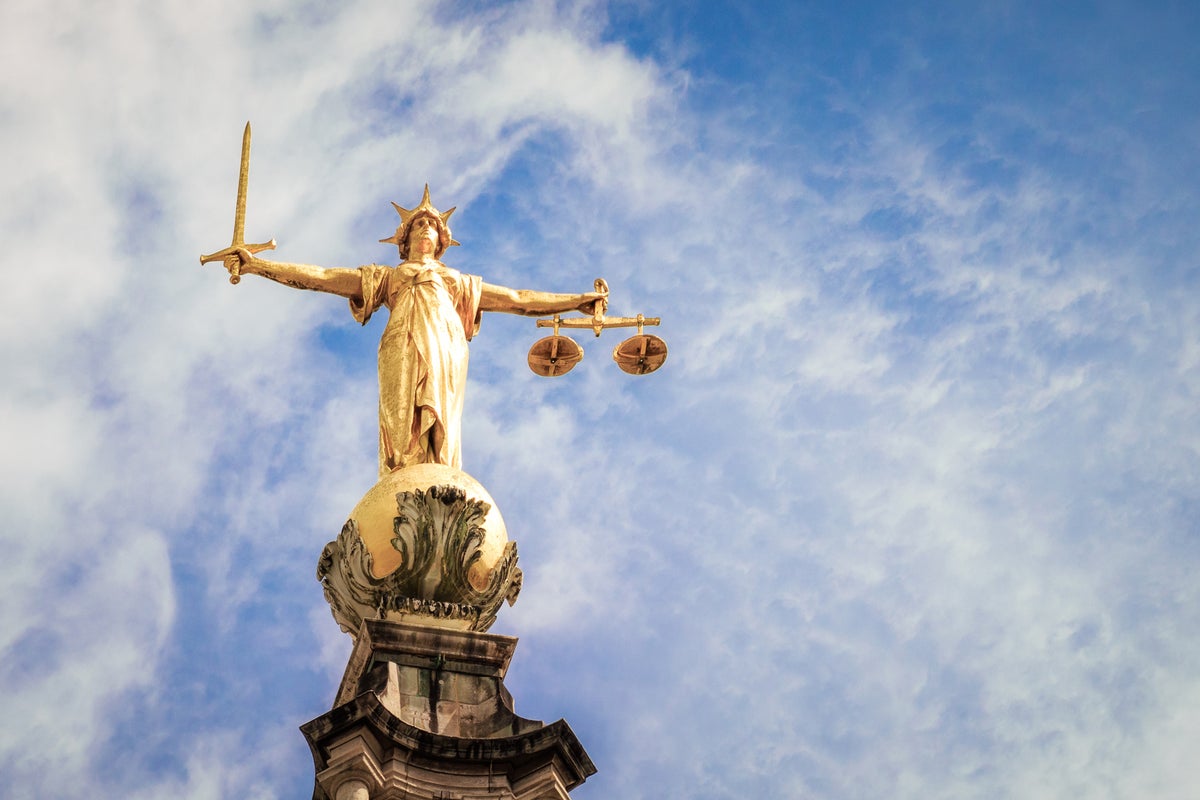One of the most senior judges in the country has revealed that artificial intelligence (AI) is being used in the legal sector for “every purpose under the sun” as he weighs up the power of the technology to make decisions in court.
Master of the rolls Sir Geoffrey Vos, the second most senior judge in the UK, said AI was like a “chainsaw” at his address to the Legal Geek Conference, in that it was useful in the right hands, but “super dangerous” in the wrong ones.
The technology can and should be used to draft contracts and research legal questions, Sir Geoffrey said, especially noting how the summarising capability of large language models (LLMs) can “save time and drudgery” when used carefully.
Turning to the possibility of AI making judicial decisions, the senior judge admitted the technology in its current form could conceivably solve a case that would take two years of human effort in just two minutes. However, he said the legal sector should “baulk” at this happening in practice.

This is because a judges’ decision is a last resort and generally irreversible, he explains, alongside AI technology being incapable of ever replicating human “emotion, idiosyncrasy, empathy and insight.”
Machine learning is also “generated from the state of intelligence at a given point in time,” Sir Geoffrey adds, meaning that it’s long-term use may quickly become inappropriate compared to developing human thought.
The increased use of AI in the legal sector came under scrutiny earlier this year when the High Court told senior lawyers to take urgent action to ensure the technology is not misused.
The intervention in June came after it was found that two legal cases were blighted by misuse of AI that allowed dozens of fake case-law citations to be put before the courts.
The first concerned claimants in an £89 million damages case against the Qatar National Bank that had made 45 case-law citations, 18 being fictions alongside many bogus quotes. Publicly available AI tools were used, the claimant admitted, while his lawyer admitted to not checking the research his client had carried out.
The other case involving a regulatory ruling saw a lawyer for Haringey Law Centre cite non-existent case law five times. The pupil barrister denied using AI, but said she may have inadvertently done so by relying on AI summaries offered by Google or Safari.
In her ruling, Dame Victoria Sharp, the president of the King’s bench division, said there were “serious implications for the administration of justice and public confidence in the justice system if artificial intelligence is misused” and lawyers caught doing so could face public warnings or even face contempt of court proceedings and referral to the police.
“Such tools can produce apparently coherent and plausible responses to prompts, but those coherent and plausible responses may turn out to be entirely incorrect,” she wrote.
Tahir Khan, a barrister specialising in civil litigation, is an expert on the use of AI in the legal sector. He says most mistakes like these arise when lawyers use publicly available AI tools like ChatGPT, instead of tools specialised to the legal sector like one offered by legal intelligence company Lexis Nexis.
But “if you’re using a tool which is predominantly AI, you still have to check,” he says. “You can’t exonerate yourself by saying ‘it’s the tool’s fault’ … the buck stops with you.”


